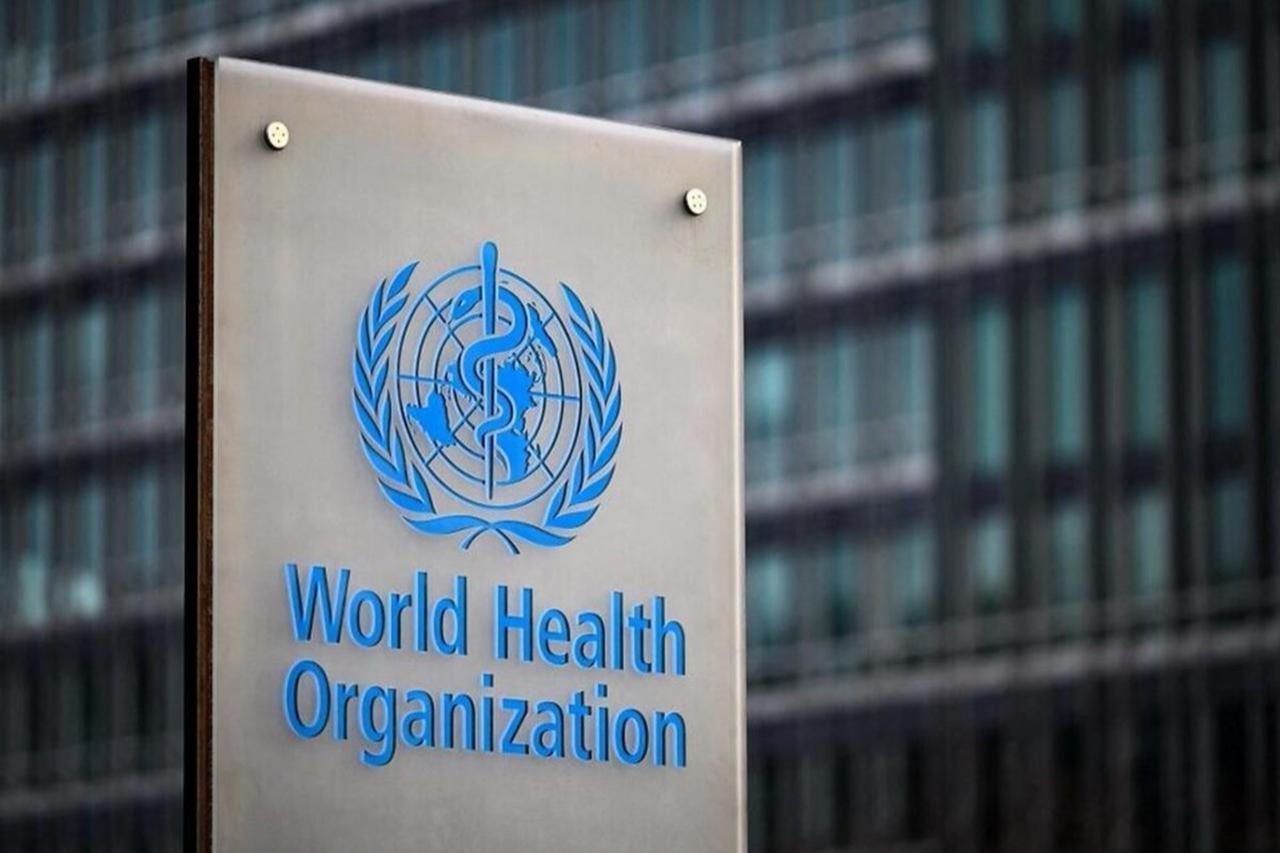
The World Health Organization on Wednesday rejected President Donald Trump's assertion that taking acetaminophen during pregnancy may significantly increase autism risk, stating no conclusive scientific evidence supports such a connection.
The UN health agency's response came two days after Trump claimed on Monday that Tylenol — known as paracetamol outside the United States — could be linked to autism spectrum disorder when used by pregnant women.
"Extensive research over the past decade, including large-scale studies, has not established a consistent association between paracetamol use in pregnancy and autism," the WHO said in a statement.
The agency emphasized that autism spectrum disorder affects approximately 62 million people worldwide, representing one in every 127 individuals. The neurological conditions impact brain development, though their precise causes remain unclear despite improved awareness and diagnostic capabilities in recent years.
Multiple factors are believed to potentially contribute to autism development, but researchers have not identified definitive causal relationships with common medications like acetaminophen.
WHO Director-General Tedros Adhanom Ghebreyesus took to social media platform X to advise pregnant women to "follow medical advice regarding medications during pregnancy and exercise caution when taking any drug, particularly during the first trimester."
The health organization also reinforced its position on vaccine safety, reiterating that "a robust body of evidence confirms childhood vaccines do not cause autism." International studies have consistently debunked claims linking vaccines to autism, including those containing thiomersal or aluminum preservatives.
Trump's comments represent the latest instance of disputed medical claims from the president regarding autism causes.